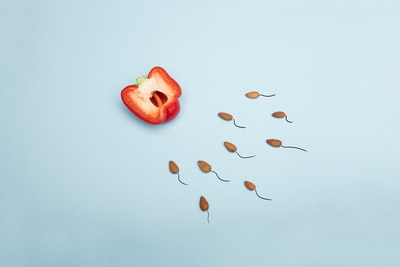
The menstrual cycle is the process in which a woman’s ovaries release an egg in a monthly cycle. The release of this egg and the changes in the thickness of the lining of the womb in readiness for it are both controlled by hormones. These hormones are secreted by the ovaries and the pituitary gland.
There are a number of hormones involved in this process. For example, the hormones needed for the egg to be released are:
- follicle stimulating hormone (FSH): this hormone is secreted by the pituitary gland. Its two main functions are to start the eggs in the ovaries developing and to stimulate the ovaries to start producing the hormone oestrogen.
- oestrogen: this is produced by the ovaries and stops any more FSH from being secreted
- luteinising hormone (LH): this stimulates the eggs from being released from the ovary
——————————————————
Oral contraceptives

When oral contraceptives were first invented they were made with a high oestrogen content. However, women had very noticeable negative side effects, including mood swings and significant changes in weight and blood pressure. Nowadays birth-control pills contain far lower levels of oestrogen. In fact, certain types only contain progesterone, which helps to prevent many of the negative side effects.
NOTE: You don’t have to know how progesterone works in the natural menstrual cycle.
——————————————————
Fertility drugs
Hormones can also be given to women to achieve the opposite effect of contraceptive pills. Fertility drugs contain FSH and LH and are used by women who can’t produce enough FSH naturally to allow their eggs to mature so that they can become pregnant.
Fertility treatments are used to help increase a woman’s chances of becoming pregnant, but they treatment don’t always work. But sometimes, due to the fact that it increases the number of eggs maturing, a number of conceptions can happen at once which leads to twins or even triplets. This means that the chance of complications in the pregnancy and during the childbirth increase and the baby could be born too early or underweight.
——————————————————
In Vitro Fertilisation (IVF)

One ethical fear over IVF is the idea of ‘designer babies’. Some people think that IVF is a slippery slope into couples being able to pick and choose what qualities they want for their child, whether they want to have a girl or a boy, or even deciding not to have a baby that carries a particular defect.
Key facts: Learn how plant hormones are used in horticulture as both weed killers and to aid plant cuttings in developing roots.